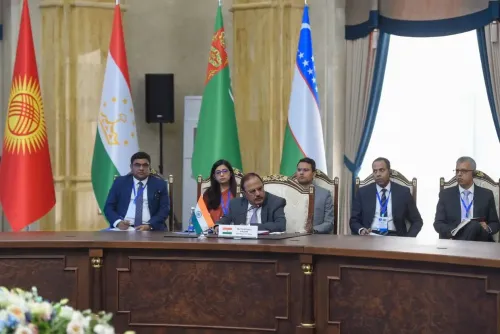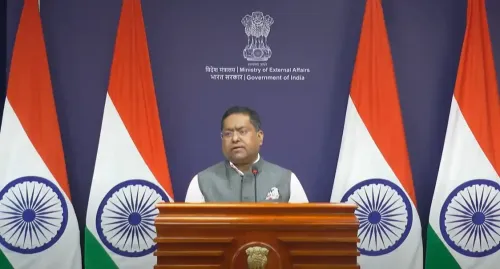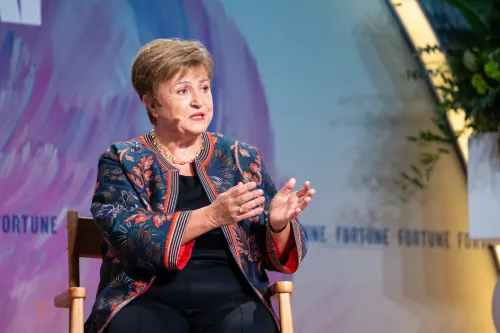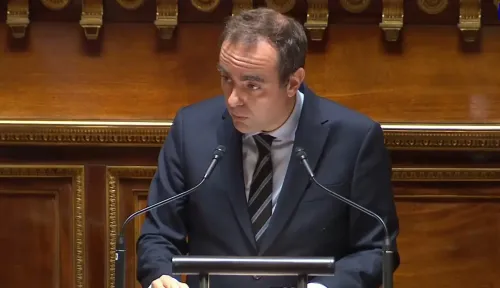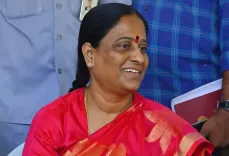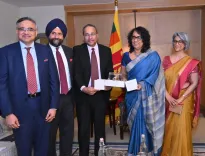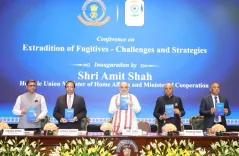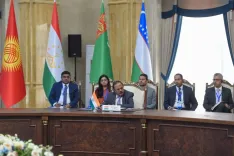How is PM Modi facilitating Japan's 10 trillion yen investment in India?
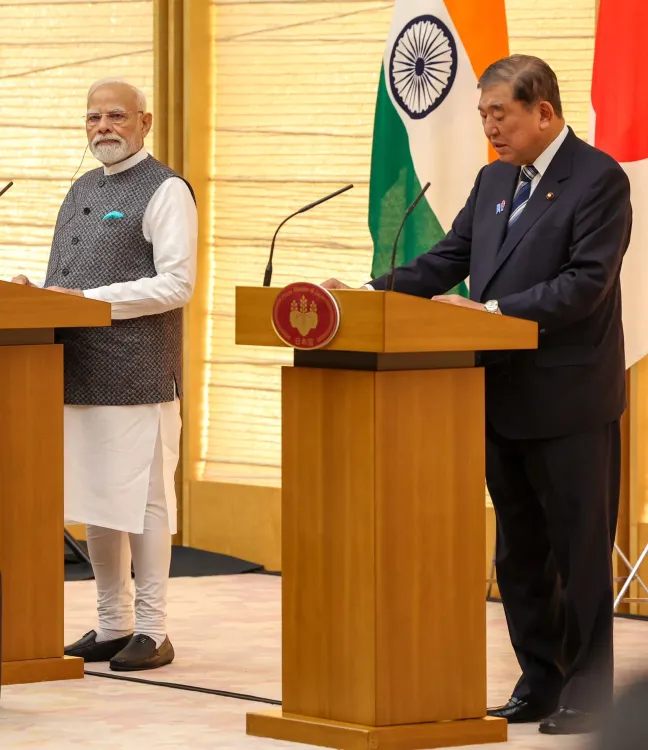
Synopsis
Key Takeaways
- 10 trillion yen investment target from Japan to India.
- Focus on innovation, economic security, and technology.
- Launch of Sustainable Fuels Initiative and Battery Supply Chain Partnership.
- Joint efforts in defense and maritime security.
- Encouragement of people exchange between the two nations.
Tokyo, Aug 29 (NationPress) Prime Minister Narendra Modi announced on Friday that India and Japan have established a strategic framework for their relationship over the next ten years, prioritizing investment, economic security, innovation, and technology as fundamental pillars.
In a press briefing following his meeting with Japanese Prime Minister Shigeru Ishiba, PM Modi stated: "We have designed a roadmap for the coming decade. Our vision centers on investment, innovation, economic security, environment, technology, health, mobility, people-to-people exchanges, and state-prefecture partnerships."
He further elaborated, "Our aim is to secure an investment of 10 trillion yen from Japan into India over the next ten years. We will particularly focus on fostering connections between small and medium enterprises and startups in both nations."
PM Modi highlighted the significance of the Joint Credit Mechanism, which he described as a major achievement for energy collaboration, emphasizing that the green partnership between the two countries is as robust as their economic cooperation. Additionally, he announced the launch of the Sustainable Fuels Initiative and Battery Supply Chain Partnership.
Moreover, the introduction of the Economic Security Cooperation Initiative was unveiled to ensure a comprehensive approach towards critical and strategic sectors.
Describing his discussions with Prime Minister Ishiba as fruitful and meaningful, PM Modi remarked: "As the world’s two largest economies and thriving democracies, our alliance is essential not only for our nations but for global harmony and stability. Strong democracies inherently collaborate to create a better world."
He further emphasized that high technology cooperation is a top priority for both nations. Initiatives such as Digital Partnership 2.0 and AI cooperation are in the pipeline, with a focus on semiconductors and rare earth minerals.
"We believe that the combination of Japanese technology and Indian talent is a recipe for success. Alongside our efforts in high-speed rail, we aim to make swift advancements in areas like ports, aviation, and shipbuilding through the Next Generation Mobility Partnership," PM Modi added.
He also welcomed the agreement between India's ISRO and Japan's JAXA for collaborative efforts on the Chandrayaan-5 mission. "Our engagement will symbolize humanity's advancement beyond earthly boundaries and into space!" the Prime Minister expressed.
Additionally, under the human resource action plan, the exchange of 500,000 individuals between the two countries will be promoted across various sectors over the next five years, with 50,000 skilled Indians set to contribute significantly to Japan's economy.
PM Modi noted that cooperation will extend beyond Delhi and Tokyo, enhancing connections between Indian states and Japanese prefectures through institutional collaborations, thereby paving the way for new opportunities in trade, tourism, education, and cultural exchanges.
He also reiterated the shared concerns of India and Japan regarding terrorism and cybersecurity, along with the mutual interests in defense and maritime security. "We have resolved to further solidify our collaboration in the defense industry and innovation," PM Modi declared.
He concluded, "The India-Japan partnership is founded on mutual trust, aligns with our national priorities, and is shaped by our shared values and beliefs. Together, we aspire for peace, progress, and prosperity for our peoples and for the world."

